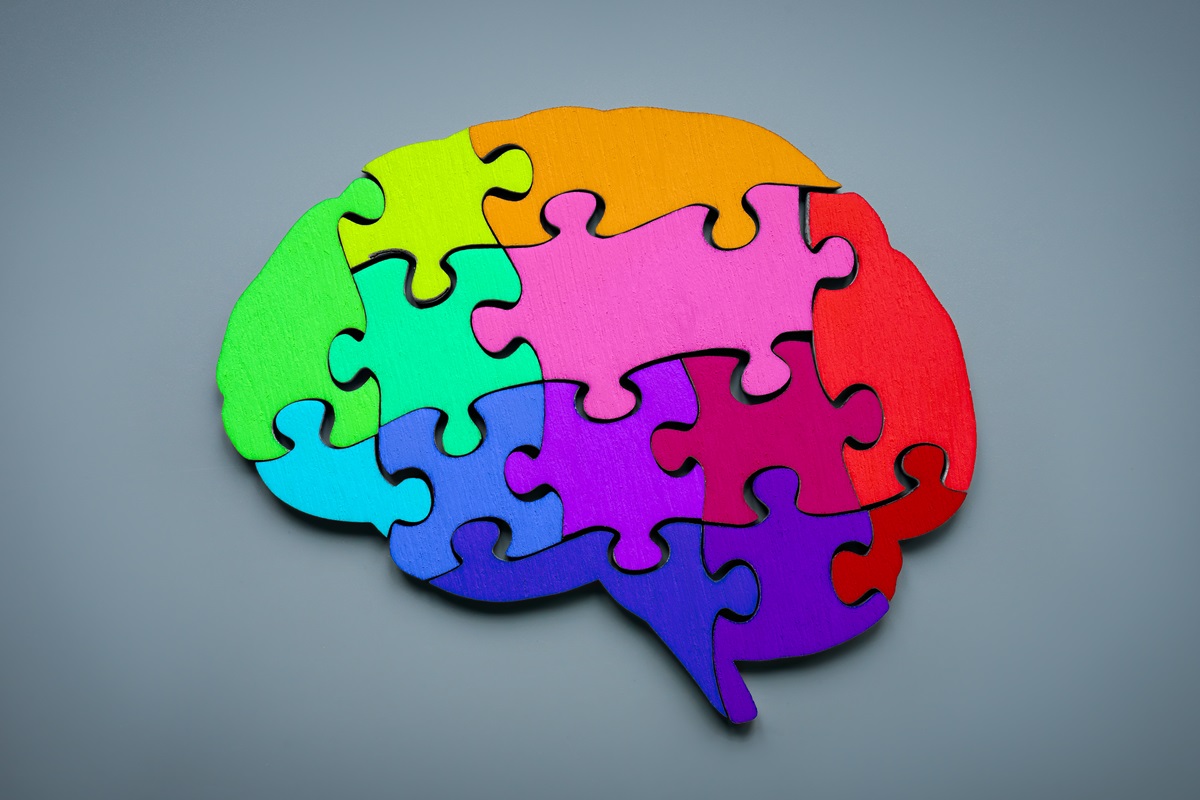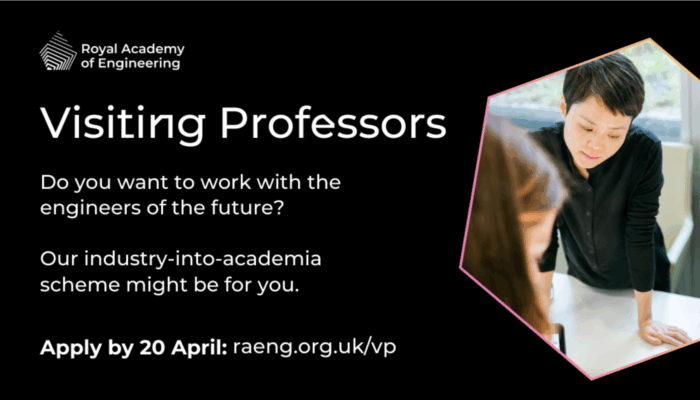For Neurodiversity Celebration Week, we hear from an experienced professional in ground engineering a who is neurodivergent (autistic, dyslexic, and dyspraxic) and visually impaired.
Martin Griffin (CEng, FIMMM, CGeol, EurGeol, FGS, FIEDP) is a Geotechnical Engineer, Chair of the EqualEngineers Neurodiversity Network and multi-award winning Equity Diversity Inclusion Champion
Research indicates that many individuals in STEM fields possess neurodivergent traits like problem-solving, creativity, pattern matching, and attention to detail. However, children of neurodivergent engineers, scientists, and accountants are overrepresented. Stereotypes in the media, including fictional characters and actual individuals, perpetuate the myth. No two people’s experience of living with neurodivergent traits is the same; if you have met one person who is neurodivergent, you have met one person who is neurodivergent. Many neurodivergent characteristics often go unnoticed, falling through societal cracks designed for a “typical” population. Those with such traits struggle to navigate a daily minefield of challenges, have no sense of belonging and are often left confused trying make sense of what they encounter.
I am neurodivergent; my conditions are real, messy, complex, lifelong and unique to me. I am autistic, with dyslexia and dyspraxia who is also visually impaired and, since graduating in 1995, I have been working in STEM as a chartered engineer and chartered geologist. Being an introvert by nature, but an extrovert out of necessity to raise awareness and acceptance of underrepresented groups including neurodiversity and hidden disabilities, in the workplace and society. Being neurodivergent, compared to neurotypical, means our brains and how we think, act, move and communicate are different from the “typical” population. It comes with having a “spiky profile” which means we have specific strengths but sometimes the challenges in the environment, or the demands put on us, can reduce the potential to showcase our talents and skills.
That said, it has been a roller-coaster of positive and negative experiences whilst working for numerous international civil and mining engineering consultancies. It has been a daily learning curve and is something in which I still do not claim to be well versed to this day, and probably will never be. In the engineering employment sector, there remains prejudice, about those who are think differently and who do not fit the traditional box. Ableism is not only about negative evaluations and emotions; it has a benevolent side that often manifests itself as sympathetic pity, protection, or charitable praise. Therefore, to feel belonging and thrive in engineering, I and others need to be in the right environment to feel comfortable and be ourselves and where others understand our individual needs and characteristics.
For these reasons alone, EqualEngineers (www. equalengineers.com) has recently created a Neurodiversity Network with me as the inaugural co-chairperson. The EqualEngineers Neurodiversity Network (EENN) will strive to eliminate the sense of isolation and remove the societal stigmas. It is open for all who call themselves an engineer and everyone who is neurodivergent with lived experience (formally or self-diagnosed), has a relative who is neurodivergent, or allies. Launched in late September 2023, EENN aims to promote understanding, being a safe place to support all, with mentoring, training events, and, as a collective voice, we will raise awareness of being neurodivergent in the workplace and in society by celebrating our unique brilliance. The EqualEngineers Neurodiversity Network warmly invites you to join our mailing list – neurodiversity.network@equalengineers.com.




